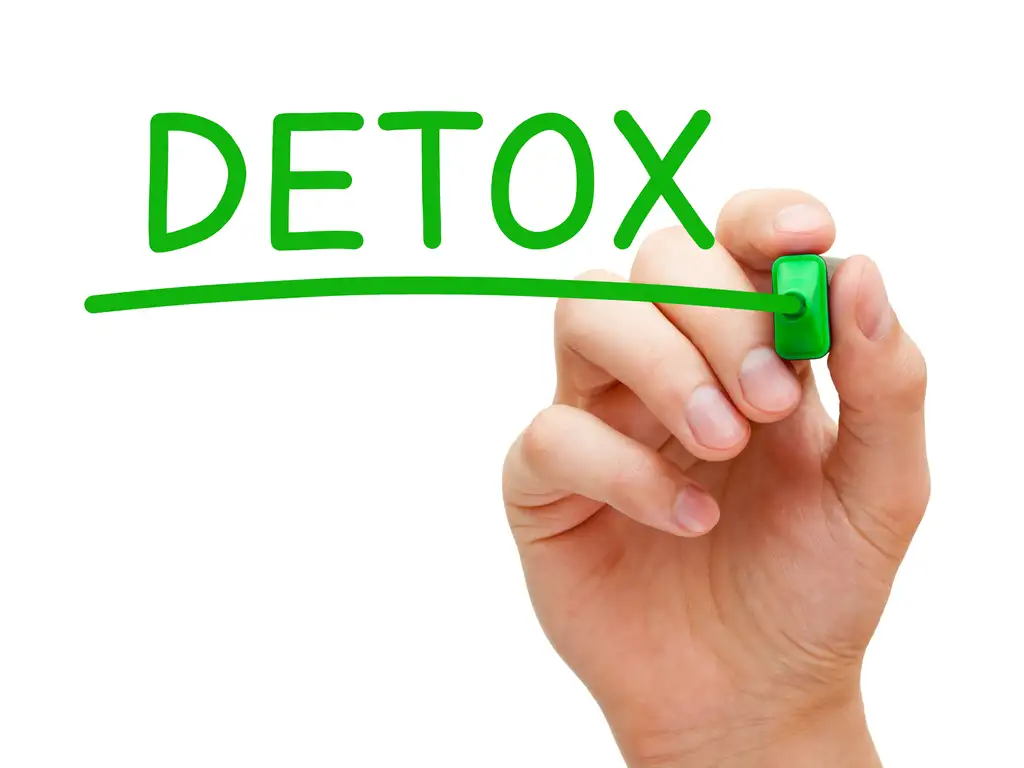What to Expect When Admitting to Detox
By John Marx
- 3 minutes read - 581 wordsAdmitting to a substance use detox program is a crucial first step towards long term recovery. I have been involved in detox both as a client and as a mental health clinician. Here are some tips and insights for the process based on my knowledge and experience.
- What is detox?- Detox is the first step in the continuum of substance use care. It is a process where you are kept in a facility under the observation of a medical team to ensure that you are safe while detoxing from substances. You will also be provided medication to help ease the withdrawal symptoms. A case manager will help you create a discharge plan, which typically includes an inpatient or outpatient substance use program.
- Admission process- When you arrive at the detox center, expect the intake staff to immediately take your bags and prompt you to shower and change into a pair of clothes supplied by the facility. This may feel a bit humiliating at first. However, it is important to remember that the care staff are helping to keep you safe. As detox center workers, we have too often seen clients overdose on the unit from smuggled in substances.
- Cell phones- You can expect to be without your cell phone for the duration of detox. One reason for this policy is to remove temptation to acquire substances or arrange transportation home. Also, cellphones are a distraction. It is important to remain present and focus on recovery without outside influences.
- Length of stay – Depending on which substance you are detoxing from, expect to be in the facility for 5-10 days or until your body has completed the detoxification process. Detox is not jail, and you are there voluntarily. However, it is a secure medical facility meaning that you are not able to walk out the door any time you wish. If you ask to leave against medical advice, the presiding physician will typically request that you remain for a maximum of 72 hours to ensure that you are medically safe to be discharged. Detoxing from some substances, such as alcohol and benzodiazepines, can be life threatening if not properly managed by a healthcare provider.
- What will I do during detox? - The primary purpose of detox is to physically recover from substance dependency. One difference from rehab is that you will have a lot of down time rather than a full day of therapy groups or other recovery activities. It is important not to push yourself too hard during this phase. However, there usually will be 1-2 introductory recovery groups, meetings with your case manager, designated time to talk on the phone and often movies to help pass the time. Some detox centers will bring in yoga instructors or teach meditation promote physical wellness.
- Am I ready to return to normal life after detox? - If only it were that easy! Detox is simply recovering from the physical dependency of the substances. The real work begins when your body is back to normal. It is usually recommended to enroll in a long-term rehab program where you can begin the process of tackling the mental, emotional, and spiritual aspects of your addiction. After completion of inpatient rehab, many clients attend sober living houses and outpatient programs. However, it is not always helpful to plan too far ahead while you are still detoxing. Remember, take it one day at a time! If you’ve made it this far, you’re already on the road to recovery.
